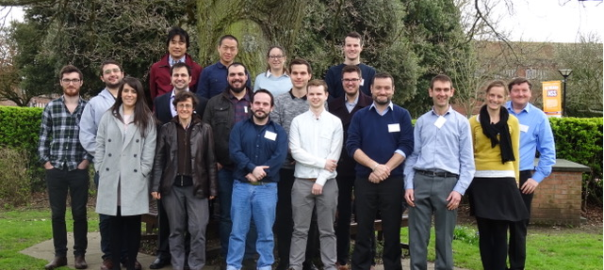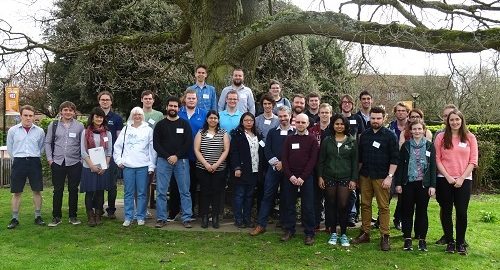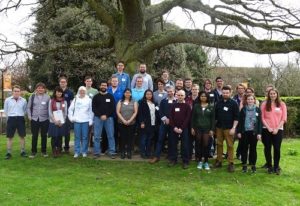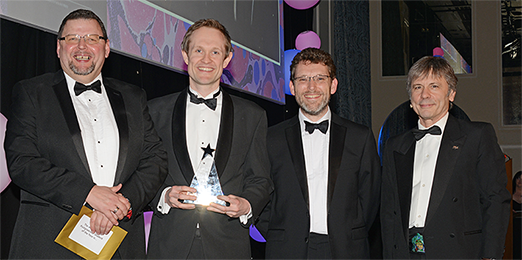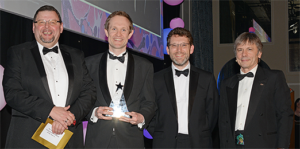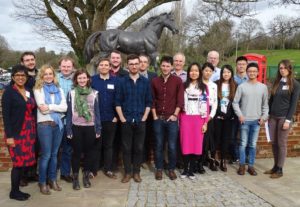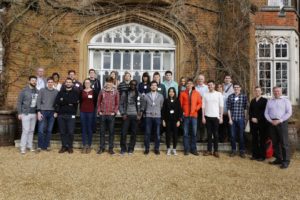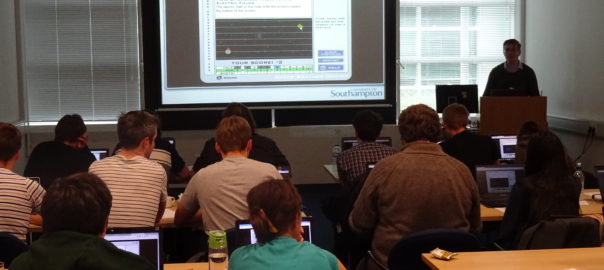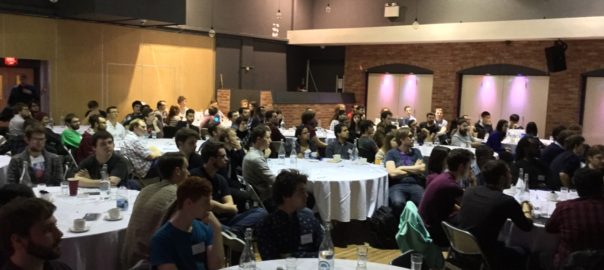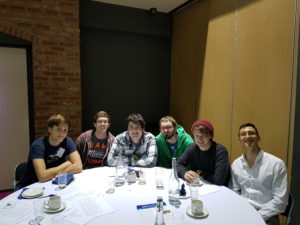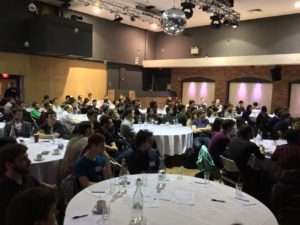At the end of March, SEPnet/National Physical Laboratory PhD students, Alex Browning (Surrey) and Héctor Corte-León (Royal Holloway), organised a conference at Southampton University with the help of the SEPnet Graduate Network (GRADnet). The conference on Functional Scanning Probe Microscopy Techniques brought together PhD students from the nine SEPnet universities to promote interaction with senior researchers in the field of scanning probe microscopy.
With almost a year of planning, this conference represents one of a series which focusses on giving students (Alex and Héctor in this case) an opportunity to develop their professional skills by contacting speakers, advertising the conference and coordinating the timetable for the different talks and poster sessions.
The main areas covered at this year’s conference included biotechnology applications (e.g. study of cell’s membrane stiffness); in-situ magnetic force microscopy (application of magnetic fields during the imaging process) and functionalized probes and the interaction with the sample’s surface (e.g. by attaching proteins to the apex of the probe).
Delegates gave positive feedback about the conference and welcomed the opportunity to present talks to their peers and senior researchers and to network with other institutions.

